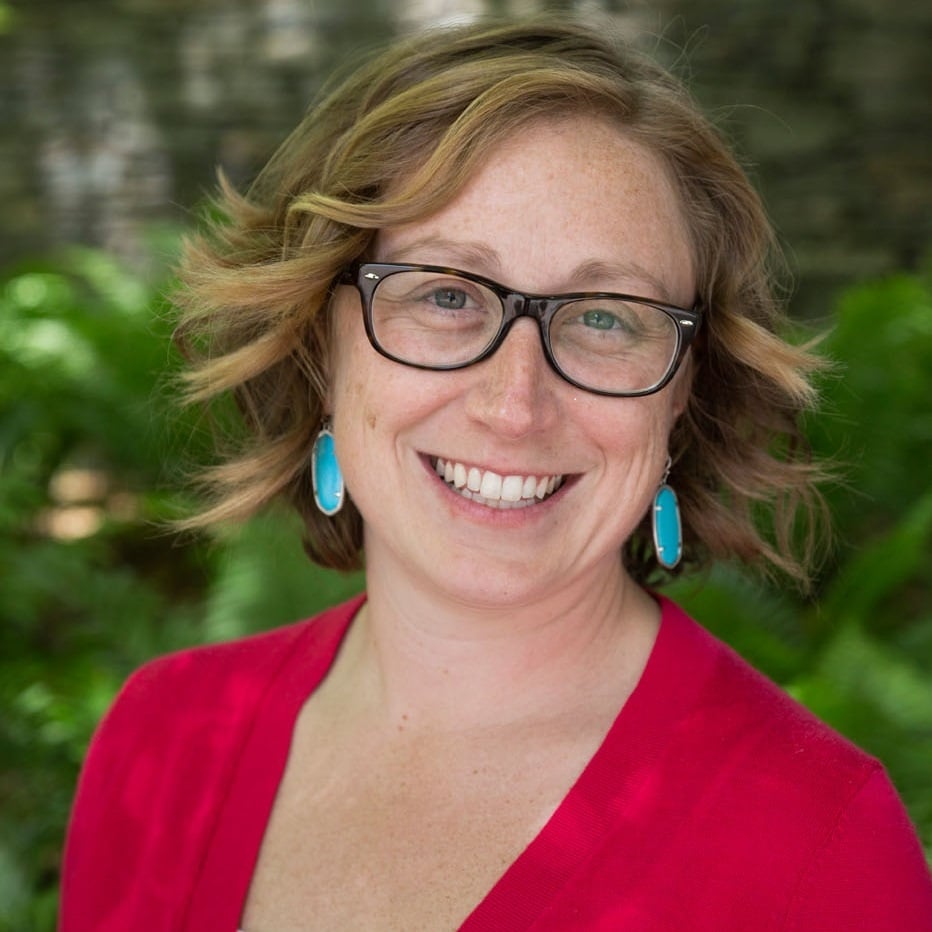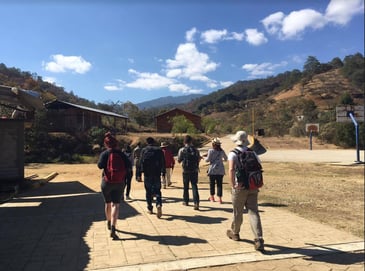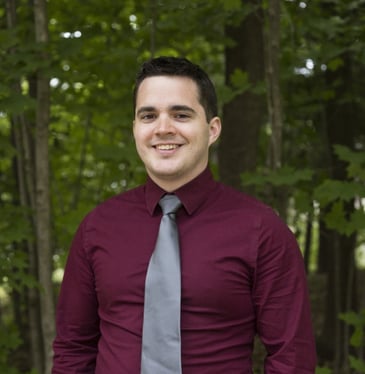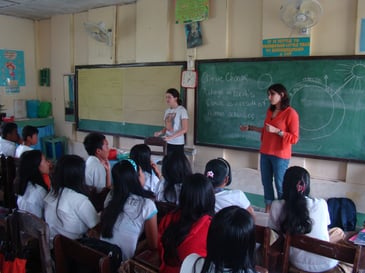Peace Corps Service Postponed? Consider an Environmental Master's Degree for Future PCVs and RPCVs
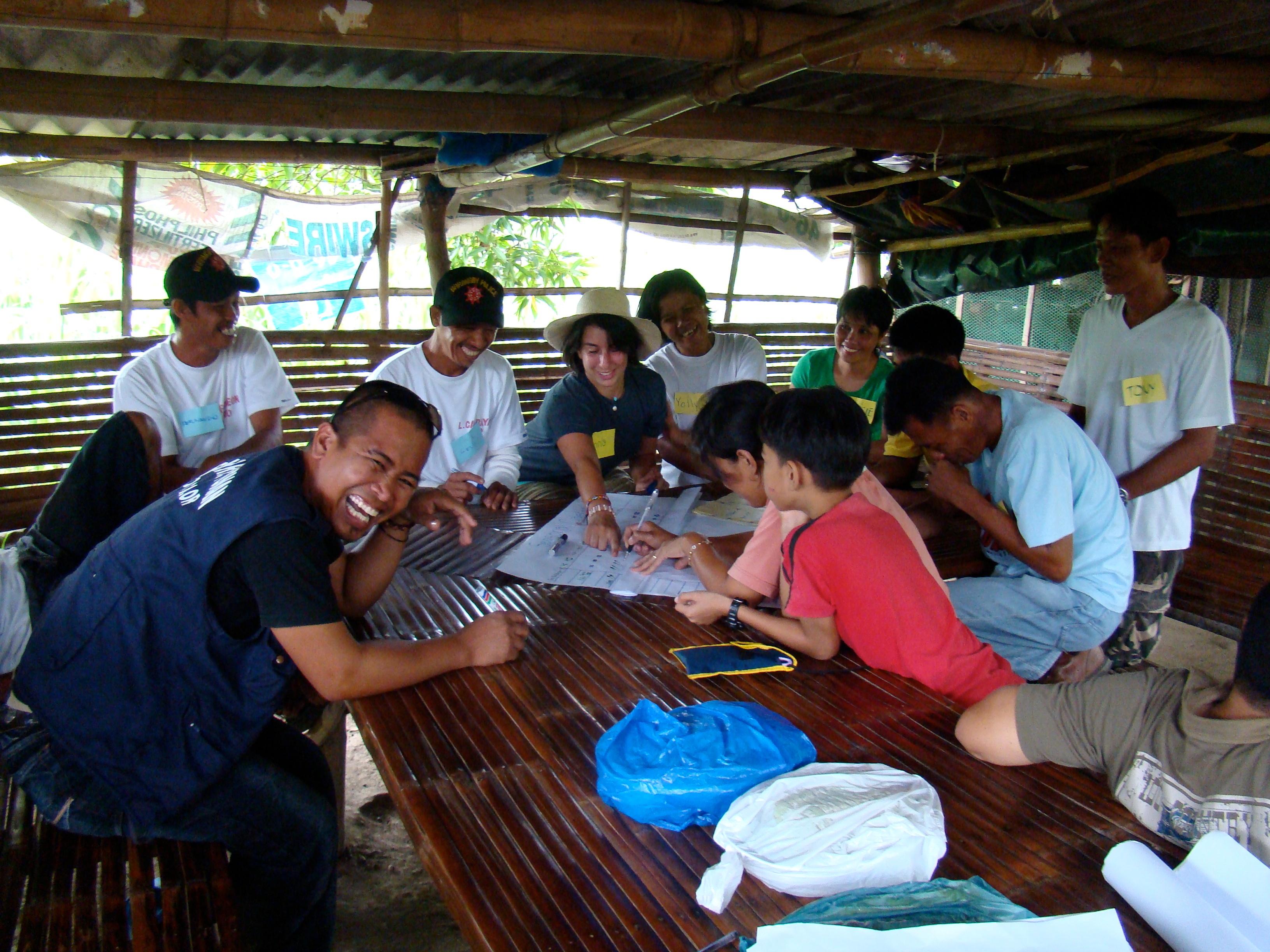
Many Americans with a heart for service and adventure are drawn to the Peace Corps. Yet often, they worry about what their years of Peace Corps service will mean for their career and their hireability when they return.
It can be tough to take two years out of your life to devote to service in a foreign country, even if you are gaining valuable hands-on experience in sustainable development.
Returning home from your time with the Peace Corps can involve some tough adjustments. In addition to your re-acclimation to American life and culture, you also suddenly need to translate your service years into a career path and life that you want.
Getting a master’s degree in a field related to environmental service and sustainability in conjunction with your Peace Corps service can be a fantastic way to transition from hands-on experience to career-focused marketability.
If you’re deciding between Peace Corps and a career move like graduate school, consider combining both of these experiences into one rich and ultimately career-focused experience.
Not Sure How This Could Work? Here Are Some Student Stories to Inspire You
Danielle Salisbury
Like hundreds of American graduate students over the past 30 years, Danielle Salisbury was interested in Peace Corps programs that could combine experience with a master's degree. She first took Bard College’s integrated first-year of graduate courses before entering the Peace Corps, then used the multi-year international experience as a stepping stone for research and her master’s capstone.
Danielle’s master’s thesis assessed whether citizens value the environmental programming in the Mexican reserve where she worked. “I developed a meaningful thesis project that will benefit not only my community, but the biosphere reserve to which it belongs,” Danielle reports. “I could not have done this without the Peace Corps. It was the perfect complement to my master’s degree.”
In her final year of service, Danielle was in touch with her Master’s Project advisor, developing a thesis project. She then returned from the Peace Corps and stepped back into Bard’s graduate program. She graduated last spring with her Master of Science degree in Environmental Policy, winning a highly competitive job as an Energy and Environment Educator for Cornell Extension.
Sonia Slavinsky
Another Bard graduate student, Sonia Slavinsky interned in Ghana, working remotely with her thesis advisor on her capstone. She leveraged those experiences to find work in-country after completing her MS, and is now employed with an organic certification company in the UK.
Margaux Granat
When Margaux Granat returned from Peace Corps service in Armenia in 2013, she knew she wanted to pursue a career that combined climate adaptation and sustainable development. In the process of earning an MS in Climate Science and Policy from Bard College, she landed an internship at the Global Gender Office of the International Union for the Conservation of Nature (IUCN). She went on to spend four years working as a Policy Specialist focused on women’s empowerment and climate change adaptation.
Find a Career-Focused Master's Degree
Margaux’s successful transition from Peace Corps service into her career in policy was due to her wisdom in selecting a career-focused master’s degree. Not only did she grow in knowledge and skills through her graduate degree, she tapped into a community that emphasizes career development and job placement through extensive internships and consulting opportunities.
Margaux is not the only RPCV who has used a career-focused master’s degree as the perfect segway from her years of service to her career in sustainability. Other positions held by RPCV’s after graduation from the sustainability programs at Bard include:
- Program Officer at Local Governments for Sustainability;
- Relationship Manager, The Nature Conservancy;
- Education Coordinator, Clean Memphis;
- Energy Efficiency Officer, Eversource.
As was the case with Margaux’s internship at the IUCN, 30%-50% of the time, internships for Bard students turn directly into jobs. Even if they don’t, all of the graduate students at Bard have gone through a mentored job search, and have substantive, high-level professional work on their resumes. For example, RPCVs at Bard have interned at the UN Development Program in Thailand; the UN Environment Program in Geneva, and at the Woodrow Wilson Center at Princeton.
Combining Graduate Education with the Peace Corps Is the Way to Go
“Combining Peace Corps with a Masters is really the best way to go,” according to Dr. Eban Goodstein, director of Graduate Programs in Sustainability at Bard. “Not only do students bring greater expertise to their service, but they also get much more out of it. Peace Corps-inspired thesis projects really benefit the country in which students serve. They create powerful foundations for subsequent careers in sustainable development.”
Until last year, the Peace Corps had a formal program called Master’s International that supported students to integrate Peace Corps service into a number of graduate degrees around the country. Sadly, Master’s International has closed its doors. In announcing the program closure, the Peace Corps said the decision to shutter MI was a difficult one as the agency shifted priorities.
But the option to combine Peace Corps service with master’s education lives on at Bard. “This is too good an opportunity for our students to let it go,” said Dr. Goodstein.
In fact, Bard offers generous scholarship support for both RPCVs and for students combining the Peace Corps with their master’s studies. Sustainability scholarships, like the Paul D. Coverdell Fellowships at Bard, reflect the value we place on the experience and commitment of our returned and future PCVs.
If you’re trying to decide between Peace Corps and a master’s degree, think about combining the two experiences for real career success. Bard College helps volunteers and students get the best possible mix of academic training, further real-world experience, and career development to build meaningful lifetime work.


